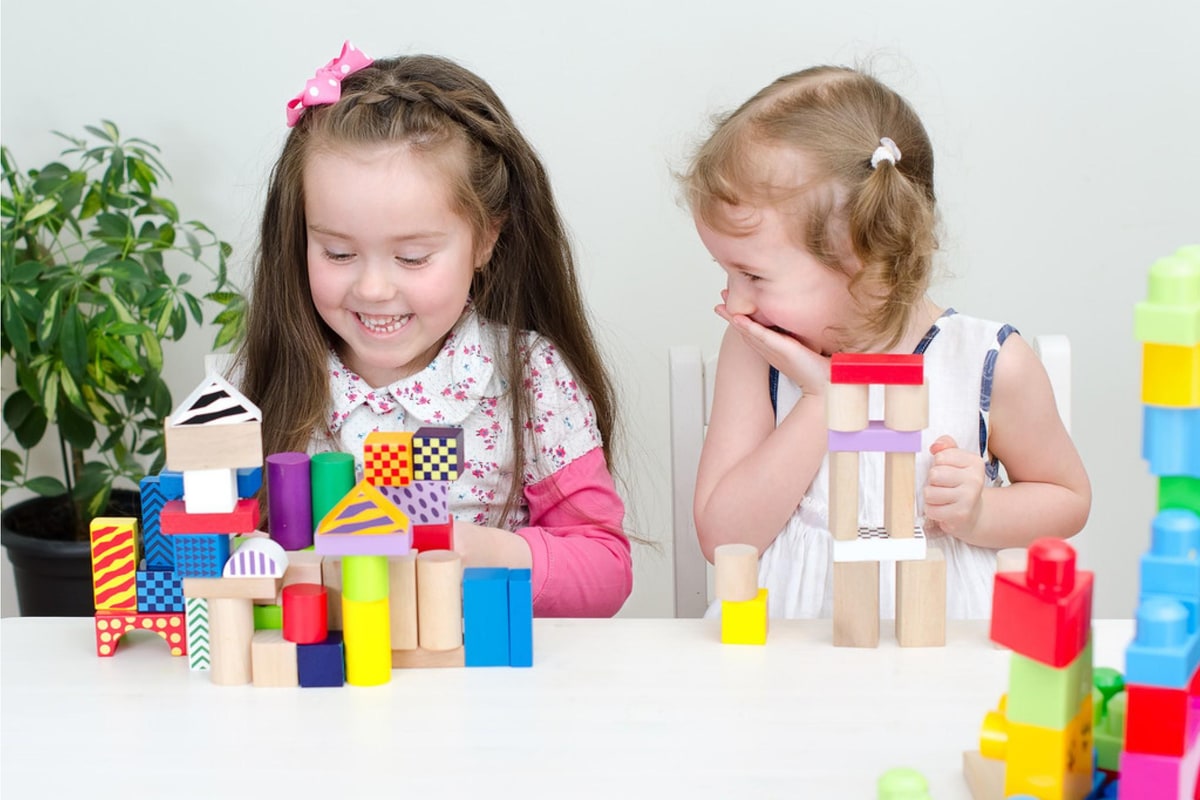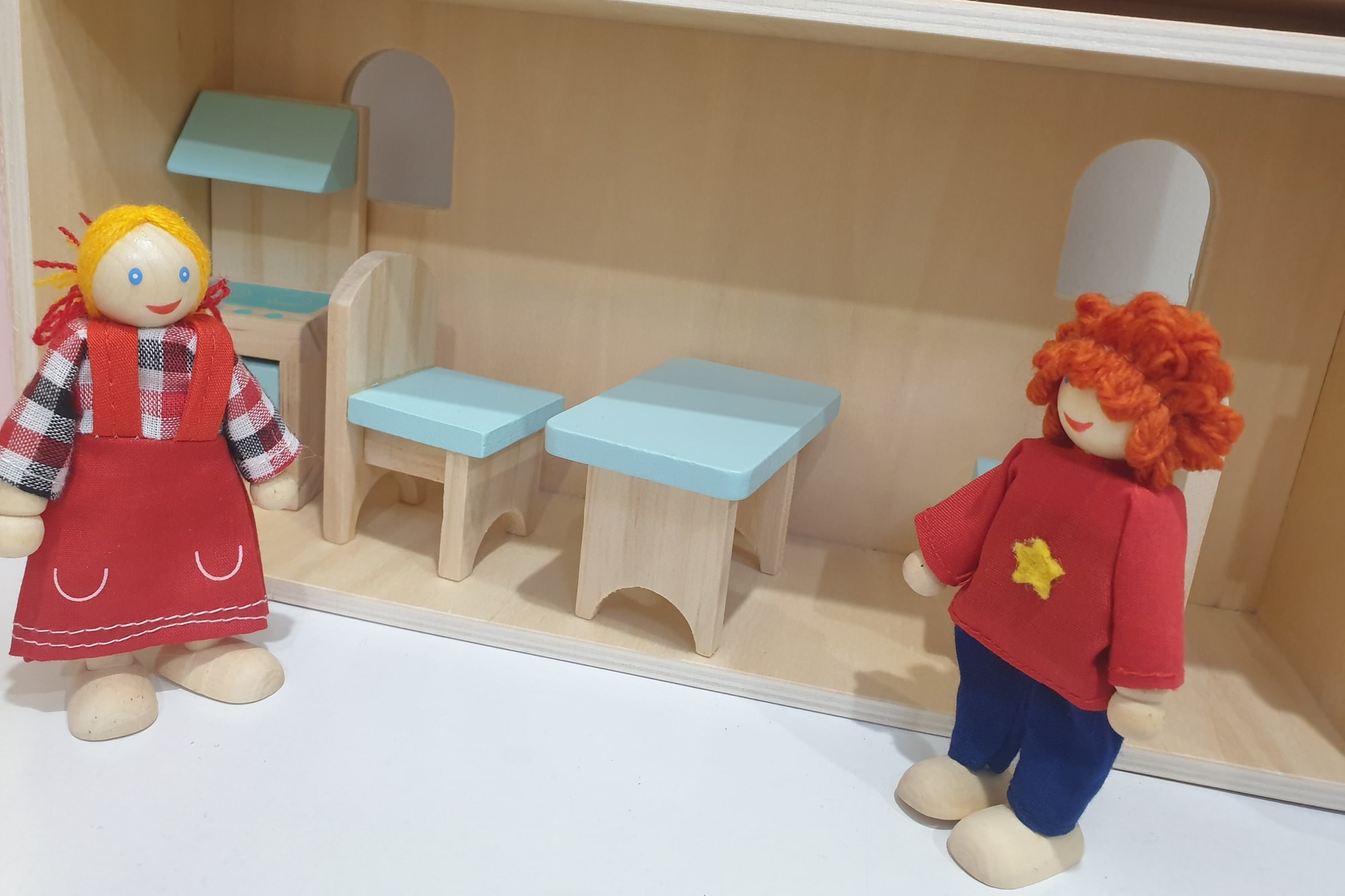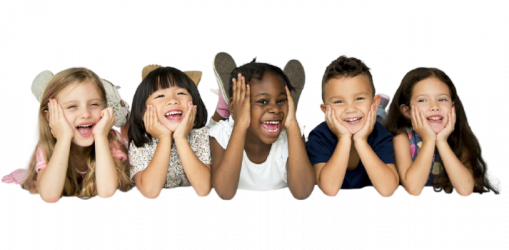Play Therapy Melbourne - Tidda Counselling
What is Child-Centered Play Therapy?
Child Centred Play Therapy is an evidence-based treatment that is based on the belief that every child has an innate ability to express their innermost feelings, thoughts, and challenges; to learn to regulate their feelings and behaviours; to develop a positive sense of self; to problem solve solutions; and to improve resilience in even the most difficult of situations. Play Therapy is suitable for children aged 2 to 12 years of age.
The therapist’s communication style fosters an accepting, friendly, and trustworthy relationship while establishing limits in the context of the child’s natural language of play. The child is capable of doing the necessary internal effort to heal themselves and make long-term improvements. Sessions are delivered face to face and through telehealth (online). Click the button below to schedule a session with a qualified play therapist Melbourne.

"Tulin has been a blessing for us. She is great at understanding the psychology behind the behaviour, also great at suggesting strategies to strengthen the attachment with our little one. Now with her help we feel more confident than ever, she is a very valuable and important part of our village."
Selen O'Flaherty
How will I know if play therapy Melbourne is suitable for my child?
For children ages 2 to 12, play therapy is regarded as a well-researched, evidence-based, trauma-informed type of counselling. It’s a specialised strategy that works for a variety of emotional, behavioural, developmental, social, and psychological issues in children.
Children with social or emotional challenges benefit from play therapy because it helps them better express their feelings, improve their behaviour, practise problem-solving, and improve their social interactions.

The following concerns can be addressed by sessions with a qualified play therapist Melbourne:
- Anxiety or depression
- Grief
- Learning disabilities
- Behavioural disorders
- ADHD
- Autism spectrum
Your child does not need to have a diagnosis to benefit from play therapy. It can be very useful if your child is experiencing any of these circumstances:
- Issues with them or other family members with a serious illness or hospitalisation
- Family conflict or aggression issues
- Abuse
- Trauma
- Family crisis
- School change
- Self-esteem issues
- Peer problems
Play Therapy Melbourne FAQ:
How often will my child need to attend?
Continuity and consistency is important for children to feel safe and heal, therefore sessions usually occur on a weekly basis at the same time for 45 minutes each.
The number of sessions is dependent on the nature and severity of the presenting problem/s ranging from 10 weekly consultations to weekly sessions over a period of up to 2 years.
Stages of Child Centred Play Therapy
A child who attends Child Centred Play Therapy Melbourne will usually progress through four main stages. Each child will progress through the stages differently and there is no right or wrong way. A child may progress through stages in a consecutive order or move backwards and forwards through the stages. The child’s progress is dependent on their individual experiences of the world to understand and work through their challenges.
Stage 1: Warm up Stage or Exploratory Stage
- Developing a sense of what the therapy space is for and what they can or cannot do.
- Exploration of the therapy room and getting to know the therapist.
- Testing the limits and boundaries with the therapist.
Stage 2: Aggressive or Testing for Protection Stage
- When a child feels secure enough in the therapeutic relationship they will start to express their presenting issues (e.g., anger, behavioural concerns) and feel safe to test the boundaries.
- Limits may be set with the child (e.g., supporting the child to remain in the room, providing options for the child to express their anger)
- The child learns to understand their inner selves and heal by learning skills through play.
- The child expresses themselves and their presenting problems and feels accepted, safe and supported.
Stage 3: Regressive or Dependency Stage
- Working through safety and protection concerns, grief and loss, separation, understanding good or bad or feelings of low self-esteem.
- The child may exhibit increased dependency or regressive behaviours to help them to feel safe (e.g., asking the therapist to do things for them that are able to do for themselves, acting like a baby).
- The therapist facilitates progress by supporting the child to express their inner-self (thoughts, feelings/emotions and beliefs) and engage in problem solving.
Stage 4: Mastery or Therapeutic Growth Stage
- A resolution is reached, the child feels good about themselves and different behaviours are present (reduction of problematic or challenging behaviours).
- A confident sense of self, self-acceptance and worth through mastery of self-directed and appropriate expressions of their unique personality (their true self) develops.
- The child is able to express their feelings/emotions and understanding of the world freely with no/minimal distress.
- The child learns a sense of control (not needing to be in control) to choose and apply effective problem solving and emotion regulation skills that facilitates resilience and self-efficacy.
NOTE: When a child reaches a resolution the child may need another (1-3) sessions to consolidate the changes, prepare the child for termination of therapy and to say goodbye to the therapist and the therapy playroom.
Play Therapy is supported by the therapeutic relationship to bring about growth, development and healing of the child (Australian Play Therapists Association).
“Play is the child’s natural medium of self-expression.” Founder of play-based therapy, Virginia M. Axline




